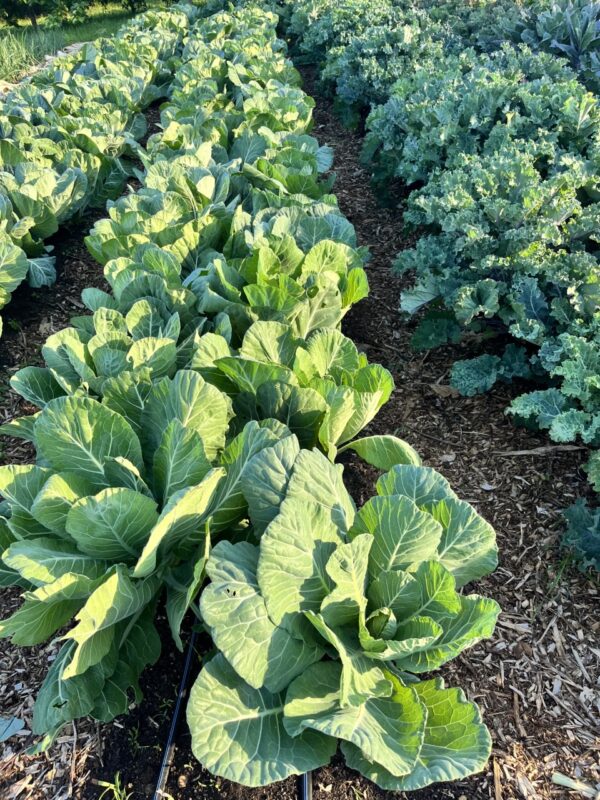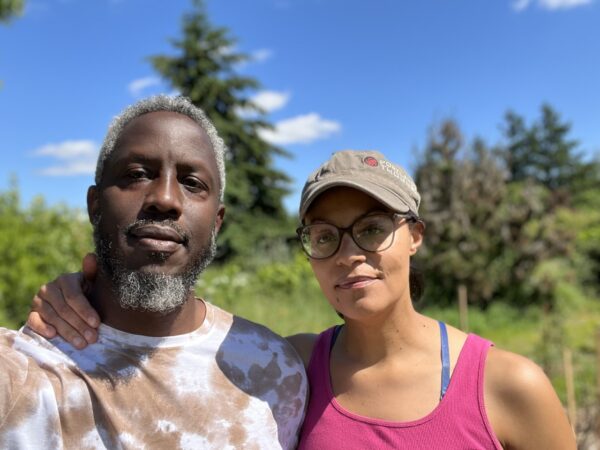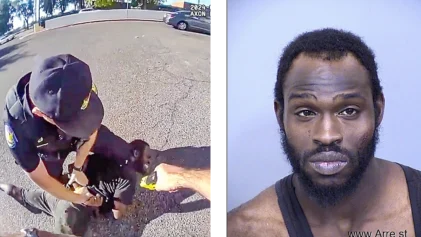While America faces a food shortage, some predominantly Black neighborhoods have been classified as food deserts for decades exacerbating health disparities and making families more susceptible to food insecurity.
Food deserts are communities where access to affordable and healthy food has been limited, caused by a lack of government resources in low-income and majority-minority communities, which some would argue is food apartheid. However, Black farmers and food justice leaders say the solution lies with ensuring food sovereignty.
They said Black people could live healthier lives and be more self-sufficient if they created and secured their own food sources.

“I think it’s vitally important that we reinvent [food sources] for ourselves because we had that before integration,” John Boyd Jr. of the National Black Farmers’ Association told Atlanta Black Star. “We had the corner store. We had the corner markets, and Blacks bought from each other. And that’s how we survived.”
From a global pandemic to the Russian-Ukraine war, food prices skyrocketed in early 2022. Food and Agriculture Organization of the United Nations data show signs of recovery while prices remain high.
The Food Price Index averaged 138 points in August, down 2.7 percent from June, marking the fifth consecutive monthly decline. Still, it was 7.9 percent above its value in August 2021.
The price of food influences people’s purchasing and consumption decisions, according to the National Library of Medicine. Choices are even more limited in food deserts. About 13.5 million people in America have low access to healthier foods, according to the U.S Department of Agriculture.
Black households experienced food insecurity rates 19.1 percent higher than white households at 7.9 percent.
Brookings Institution researchers contend, however, that people can leave their neighborhoods or use delivery services to purchase food and the underlying obstacle is financial security.
Community gardens and farmers have helped ease food insecurity. Malcolm Shabazz Hoover and his wife, Mirabai Collins, run the Black Futures Farm in Portland, Oregon. The community farm is 1.15 acres with 17 different fruit trees, vegetables, flowers and medicinal and cooking herbs. Every week, they drop off food to local community organizations around Portland. They also host pop-ups, where people can come in and pick out produce.

“Most people, especially most Black people, don’t have access to the kind of quality produce that we grow. We grow stuff that’s high-ticket and really high-quality that you usually only find in really exclusive grocery stores,” Hoover told Atlanta Black Star. “If you were to come here and walk around on the farm, you would leave with a bag of produce that would be valued at anywhere from $60 to $80.”
Starting the farm was part of a personal journey for Hoover, who said it started as an outlet to help with addiction recovery. His wife, Mira, recently acquired another plot of land, where she created a healing space. Hoover, who grew up in East Palo Alto, a community with a strong pan-African influence, nicknamed Nairobi after Kenya’s capital city, said community farming links back to his ancestral roots.
“I think it’s important because that’s our legacy. We’re African people. Enslaved Africans were brought to the Americas because we were so good at growing things,” Hoover said. “So most of us now are in the urban centers and are completely divorced from what it means to grow your own food and have access to that and don’t know the quality of that food.”
Boyd, who leads the Black farmers association, said he would give the food in America’s supermarkets an “F” grade because there are no labels to identify genetically modified products.
“If you have children and you’re a mother at the grocery store, you need to know what products or certain items in the grocery store contain roundup or genetically modified chemicals and things have been added to these products,” Boyd said. “You as the mother and the consumer should be able to make the choice whether you put that item in your shopping cart or whatnot, and you can’t do that right now.”
While genetically modified plants can withstand diseases and harsh weather and have longer shelves, they can introduce toxins to the body and cause allergic reactions or cancer, according to Medical News Today.
Black Futures Farm does not use pesticides, chemicals, or genetically modified seeds for its crops.
Since he started the farm in 2019, Hoover, 52, said he has never felt better physically and mentally. Health outcomes for Black people in America can appear grim. Black people have a shorter life expectancy than white people and are at higher risk for diabetes, high blood pressure and cancer, among other health conditions, according to the Kaiser Franklin Foundation.
“This is not some factory farmed, chemically injected thing that we rush to market. It’s something that we lovingly care for, with the intention of giving it to our own people. And then that’s a gift,” said Hoover. “To be able to get that gift and to receive that gift is a wonderful interaction. Anybody can have access to that.”


